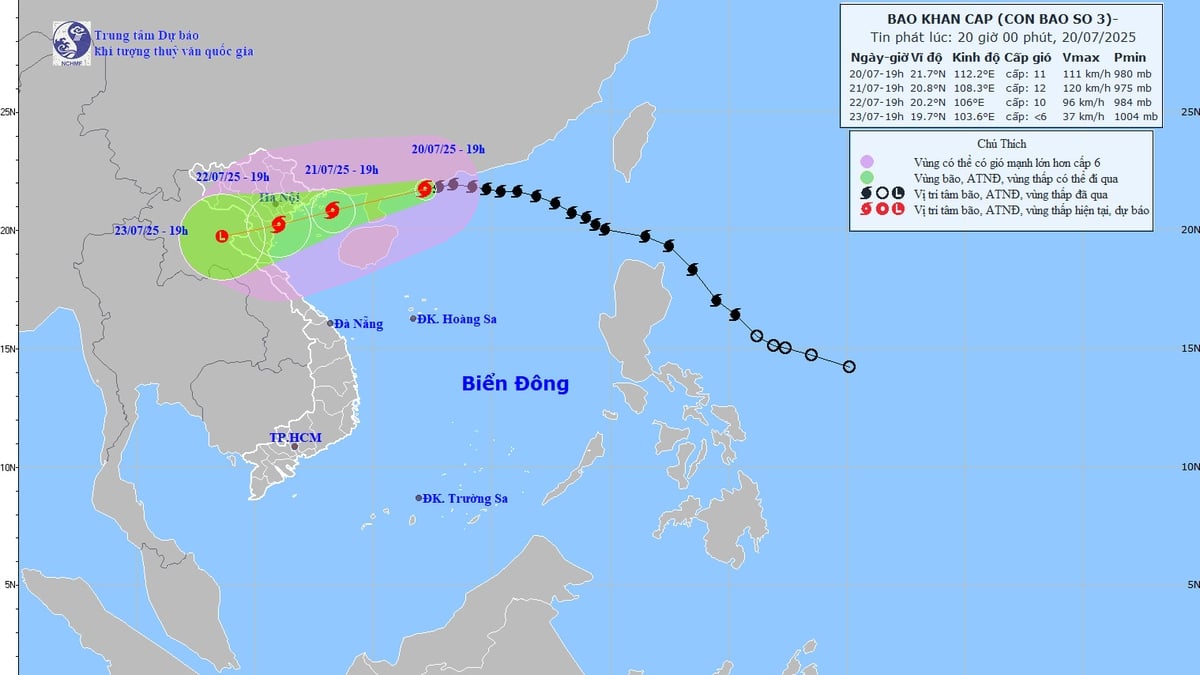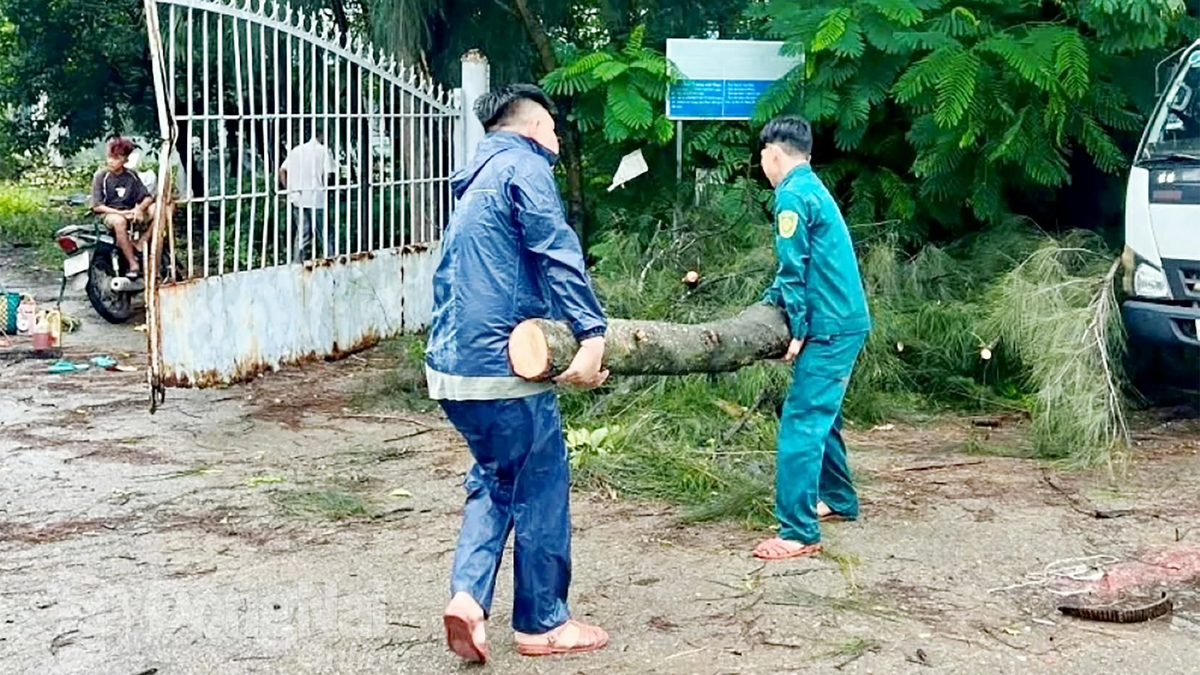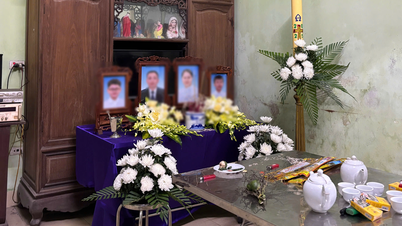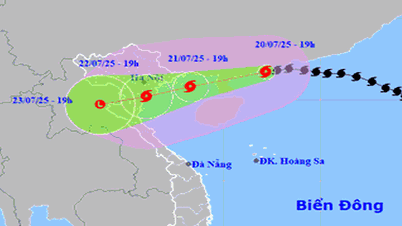 |
| Books are advertised and sold widely online. Readers hope for thorough management to eliminate fake and pirated books. |
Taking a break, I have a habit of surfing the internet a bit, watching people talk about work and how they celebrate Tet. Suddenly, a precious historical book appeared before my eyes. Looking down at the comments, I saw the names of some well-educated acquaintances, all of whom rated this book as worth reading. But I have not seen this book for sale on the shelves yet. So let’s collect it. But you have to be quick-witted, because as advertised, they only have a limited quantity…
A few days later the shipper called, and I was away, so he told me to send it to an acquaintance and transfer the account number for payment. I called and asked the recipient for help, and they were indeed books, so I transferred the money. The next day I received the goods, opened the package and was shocked, unlike the advertisement, these were just copied books. The cover was ugly, the paper was bad, the words were blurry, I didn't have time to read it so I didn't know what was inside, whether there were enough chapters, sections, or if the spelling and grammar were messy. But the money was paid, and when I asked, the page was silent. I had to blame myself for being stupid, and if I was not careful, I also helped those who made fake books!
Counterfeit and pirated books are not a new story, but have long been considered a social problem. It is an illegal act of copyright infringement, blatantly stealing the intellectual property of authors and publishers. Moreover, because no one controls the quality, "books" are printed incorrectly or underprinted, wasting readers' time in vain; sometimes even causing recipients to unintentionally receive wrong information; students have to read and learn wrong knowledge without knowing it. And publishers are in a difficult and stagnant situation because of such dirty and evil "competition" tricks.
Many forums, many calls for help and protests have been issued, but it seems that the problem of pirated and fake books is "immune". The proof is that if there is a little carelessness, consumers and book lovers will immediately taste the bitter fruit because such books are still sold widely and operate more and more sophisticatedly. There are no tricks of "inventory" books, "liquidation" books, "rescue" books to attract book lovers but their wallets are not very deep (usually), so when they come across a book they like at a cheap price, they don't hesitate to buy it right away. Now, "rare books, limited quantity", the price is not cheap but sometimes millions, appealing to the mentality that you get what you pay for, you can have money but you don't always find books, so you buy. With all these tricks, if not this person then that person, somehow someone will be caught.
The problem has been going on for too long, it is time for the authorities in our system of rule of law to stop being "tolerant". Counterfeit books and pirated books on the shelves are probably simpler, inspection and examination if discovered will be strictly handled by catching red-handed. What about online? The Government has now issued Decree 147/2024/ND-CP on management, provision and use of the Internet and online information. From the time the Decree takes effect (December 25, 2024), within 90 days, foreign organizations, enterprises and individuals providing cross-border information to Vietnam and domestic organizations and enterprises providing social networking services must authenticate active accounts of social networking service users by mobile phone number (mobile phone), or by personal identification number (in case there is no mobile phone number).
With this move, scams through social networks, including the sale of fake and pirated books, will certainly be eliminated if the authorities are determined to coordinate to do so.
Source: https://huengaynay.vn/van-hoa-nghe-thuat/khong-nen-khoan-nhuong-nua-150099.html






























![[Photo] National Assembly Chairman Tran Thanh Man visits Vietnamese Heroic Mother Ta Thi Tran](https://vphoto.vietnam.vn/thumb/1200x675/vietnam/resource/IMAGE/2025/7/20/765c0bd057dd44ad83ab89fe0255b783)




































































Comment (0)